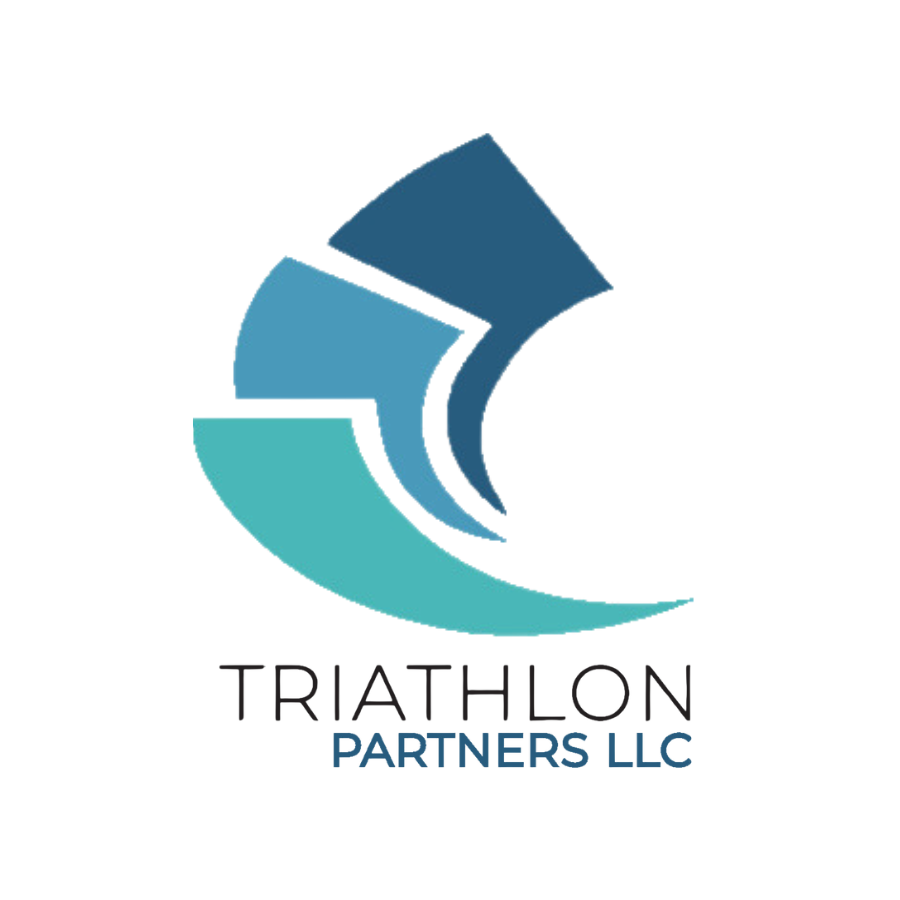Succession Planning: Insurance Can Fund Your BUYOUT Combine a valuable benefit for your key employee and heir apparent, while
Succession Planning: Insurance Can Fund Your BUYOUT
- Home
- Succession Planning: Insurance Can Fund Your BUYOUT

Succession Planning: Insurance Can Fund Your BUYOUT
Succession Planning: Insurance Can Fund Your BUYOUT
Combine a valuable benefit for your key employee and heir apparent, while funding your own buyout. Business continuity, key employee benefits and an exit strategy are important to the long-term success of a small business. These objectives can be accomplished by combining them into one strategy.
Business continuity is key to keeping revenues growing and maintaining a high level of client experience. It is necessary in the present to maximize your income, as well as in the future. It will maximize the business’s value when you choose to exit. Loyalty and motivation of key employees is integral to this objective.
Many employee benefits need to be universally available, only pacifying your key employees while mediocre and substandard workers enjoy the perks. There are benefits that can be given to select individuals. Key employees deserve an extra benefit, it promotes loyalty and motivation. A payroll bonus might be their choice, but if the employee leaves your firm, that large bonus walks out the door. A strategic plan ties this benefit to employment. This is a golden handcuff, and it isn’t reserved for corner office executives in big city skyscrapers.
This benefit is accomplished with a permanent life insurance on the key employee as a retention plan to ensure continuity.
- The terms of the deferred benefit are pre-determined by the firm.
- The employee is insured and has beneficiary naming rights based on the terms of the agreement.
- The employee has the right to full ownership of the policy after a vesting period is completed.
- When exercising the right to take full ownership of the policy the employee incurs an income tax transaction. The right to own the policy and owning the policy are two separate scenarios. Exercising the right comes with a substantial tax bill.
- The firm owns and pays the premiums of the life insurance policy. Annual premiums can be flexible and dependent on business or employee performance. If the employee leaves the firm before the policy vests, the firm has the right to cash in the policy or change the insured to another key employee. That hefty bonus walked out the door, but that cash value of the insurance policy stays with the firm.
- When the owner of the firm wants to sell, how do they receive the sale proceeds? A note against future income, remain a minority owner, proceeds from a high interest business loan, or a personal loan by the buyer? Most likely a combination. All these options are dependent on things outside of the firm’s or former owner’s control. The value of the insurance policy is a source of capital. The key employee surrenders their vesting rights and since the firm owns the policy, it can instruct tax exempt payments to the owner. The key employee never took ownership of the policy and didn’t pay tax on the premiums nor the growth of the policy. The policy now distributes its accumulated value in tax-exempt payments to the owner.
What’s the outcome: Failure or A Tax Efficient Exit Strategy with Smooth Succession Planning and Well Funded BUYOUT
- Pay the key employee a big bonus, and they resign to go to a competitor. Everything you wanted to be accomplished failed miserably.
- Enroll the key employee in a deferred vesting bonus plan.
- Divert that big cash bonus to the premiums of the policy. If the employee leaves, the policy value belongs to the firm. Although continuity isn’t achieved a lot of cash is saved.
- Increase loyalty and motivation through the plan, which drives up the value of your business. When you are ready to sell the firm to the motivated key employee there is capital not tied to the future performance of the business, market interest rates or personal credit scores. Tax-exempt cash flow is paid to you.
This key employee benefit morphed over time to an additional benefit for the owner. The deferred vesting bonus plan became a tax efficient reserve to fund your buyout.
Triathlon Partners understands the challenges of entrepreneurship and managing a small business. Transforming wealth into maximum after tax cash flow is our goal. Contact Triathlon Partners to start this discussion.
Contact us
Visit us on the web: Triathlon Partners LLC
Follow us on Facebook
Connect with us on LinkedIn
Category
- Annuities(9)
- Business Solutions(4)
- Charitable Giving(1)
- Financial Planning(21)
- Insurance(18)
- Market Commentary(8)
- Structured Notes(14)
- TriathlonPartnersTV(37)

